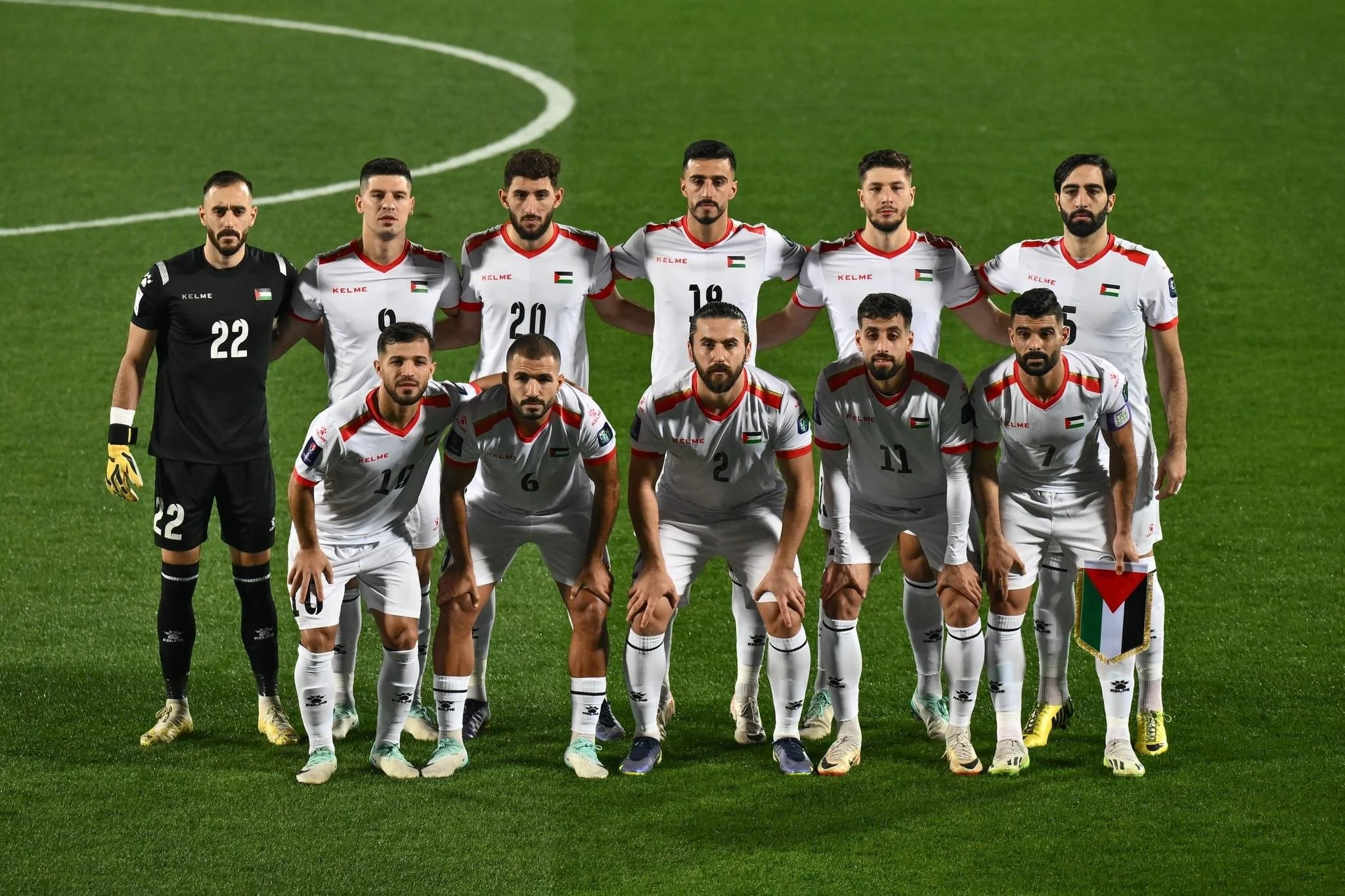BILBAO — The tension in the press conference room was palpable on the day before the Europa League final.
Ange Postecoglou, then facing mounting speculation about his future at Tottenham Hotspur, was asked whether his position at the club was under threat.
”My future is assured,” replied the Australian manager. “I wouldn’t be the first person who changes jobs.”
And if he were to lose the game—and his job? “I will keep winning trophies until I finish, wherever that is.”
Delivered when it mattered the most, and did not forget where he comes from. Postecoglou, with the Europa League trophy (Photo courtesy: Tottenham Hotspur official social media accounts)
At 59, Postecoglou was entering one of the most difficult seasons of his managerial career. Spurs were languishing in 17th place in the Premier League, with little hope of domestic glory. Their only shot at silverware was in Europe. But Postecoglou, who had previously lifted titles in Australia, Japan, and Scotland, stood out as the first manager to reach a European final without hailing from either Europe or South America.
The stage was set for a historic evening: an all-English showdown against Manchester United at San Mamés Stadium in Bilbao. The Basque venue, rich in local identity, also bore unmistakable English influences—its founding fathers were British, the club’s red and white stripes came from Southampton, and it kept the English word “Athletic” instead of the Spanish “Atlético.”
Amid this unique cultural backdrop, Postecoglou was asked about his own roots. When a Greek journalist addressed him in his mother tongue, the anxious coach softened. He smiled, mentioning how his father had kept him close to football while growing up in a country where the sport wasn’t dominant.
Experience brings patience. It took 42 minutes for Tottenham to break the deadlock. Brennan Johnson tapped in the opener after a pinpoint cross from Pape Matar Sarr. The slender lead didn’t tempt Postecoglou into reactive tactics. His strategy might not have been the most intricate, but it was tailored precisely for this occasion. Despite Manchester United's pressure and better chances, the Australian held firm—his sights set only on the trophy.
At the final whistle, as the players celebrated with fans, the cameras lingered on Postecoglou’s face. Normally stoic—rarely reacting with more than a nod, even after goals at the World Cup—he couldn’t hide his emotion this time. A season’s worth of pressure had evaporated in a single, glorious moment.
“It’s been the toughest thing I have ever done,” he admitted in the post-match press conference, reflecting on how this title compared with others in his career. Once again, he drew a line back to his beginnings.
“In Australia, I grew up playing finals football to win a championship,” he said, referencing his four domestic titles Down Under. “I'm a winner. I've been a serial winner my whole career. I know people dismiss my achievements because they didn't happen on this side of the world, but for me, they were all hard-earned.”
With his trademark pride and perspective, Postecoglou closed by quoting former Australian Prime Minister Paul Keating:
“After an unlikely victory, this is one for the true believers.”
This was more than just a win for Tottenham or a personal redemption. It was a celebration of football's global reach—a triumph for those who came from beyond the game's traditional power centers and proved they belonged. For Ange Postecoglou, the night in Bilbao was not just a final—it was a statement. One for the true believers.













Postecoglou led Tottenham to their first European title since 1984, silencing doubters and making history in Bilbao with a composed, proud triumph.